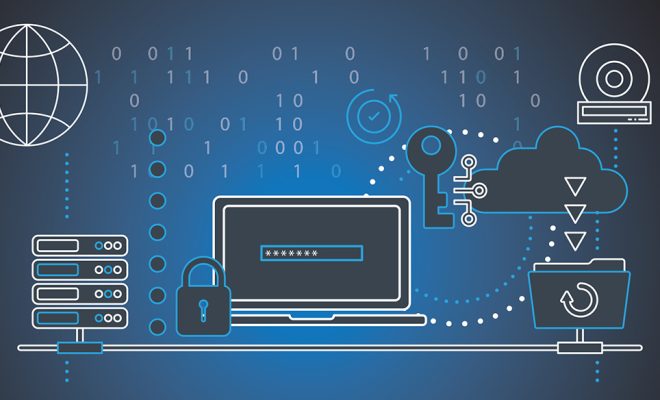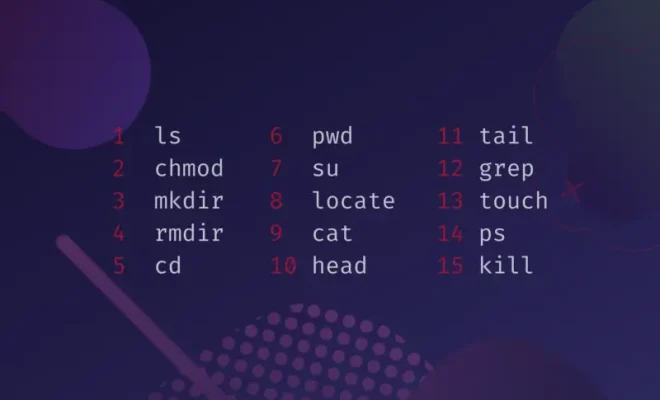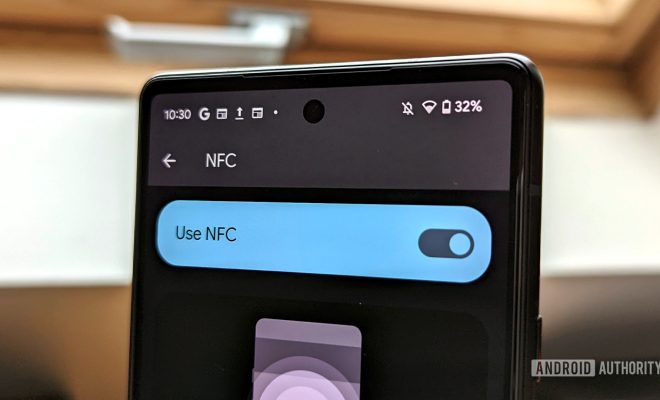What Is DMCA and What Does It Mean?

DMCA or Digital Millennium Copyright Act is a set of copyright laws introduced in 1998 in the United States. The law has provided protection to copyright owners and bestowed them with certain rights.
DMCA provides a legal framework for protecting copyrighted works that are distributed on the internet. The law has provisions that enable copyright holders to request that internet service providers (ISPs) remove pirated content from their servers.
DMCA also made it illegal to bypass technological access controls and encryption that are used to protect copyrighted works. The law has helped to curb the proliferation of digital piracy by providing remedies for copyright infringement.
DMCA has several key provisions that help to protect copyright owners. One of the most important provisions is the Notice and Takedown system. Under this system, copyright owners can send a notice to the ISP hosting the infringing content. The notice typically contains information about the copyrighted work that has been infringed, its location on the internet, and the owner’s contact details.
Upon receiving a DMCA notice, the ISP must remove the infringing content within a reasonable period of time. This allows copyright owners to protect their exclusive rights and prevent further infringements.
DMCA also provides legal protection to ISPs that comply with the Notice and Takedown system. ISPs that remove infringing content in a timely fashion are shielded from legal liability for copyright infringement. This has encouraged ISPs to take down infringing content and has made it easier for copyright owners to protect their works.
In addition to the Notice and Takedown system, DMCA also provides for the protection of technological access controls and encryption. The law makes it illegal to bypass these technologies to access copyrighted works without permission.
DMCA has been a crucial tool for copyright owners in the digital age. It has helped to protect their exclusive rights and reduce digital piracy. The law has also provided a framework for ISPs to respond to copyright infringement notices quickly and efficiently.






